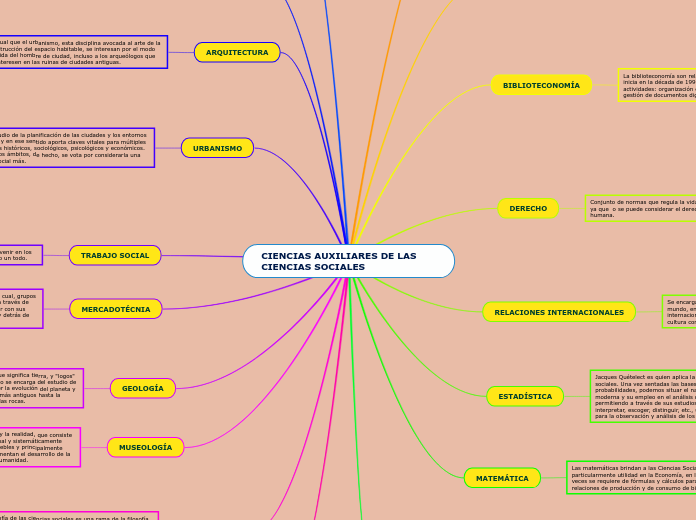LA PATRÍSTICA
The part of speech is a category to which a word is assigned according to its syntactic functions. In English the main parts of speech are noun, pronoun, adjective, determiner, verb, adverb, preposition, conjunction, and interjection.
AUTORES
An article is a word used to modify a noun, which is a person, place, object, or idea. Technically, an article is an adjective, which is any word that modifies a noun.
SAN AMBROSIO
Escribió contra los arrianos De la encarnación del Señor, y desarrolló, a través de concilios y con una densa red de relaciones con otros obispos, una acción tendente a truncar su actividad desintegradora
Con él se fueron elaborando los principios fundamentales para regular las relaciones entre la Iglesia y el Estado, después de la situación creada por Constantino.
TERTULIANO
Indefinite articles are the words 'a' and 'an.' Each of these articles is used to refer to a noun, but the noun being referred to is not a specific person, place, object, or idea. It can be any noun from a group of nouns.
Acuñó numerosos de Términos Teológicos Usados posteriormente con profusión , la Iglesia católica INCLUYE Muchas de Sus Obras en el Conjunto de la literatura patrística.
SAN AGUSTÍN DE HIPONA
It refers directly to a specific noun or groups of nouns.
Se Dedico PRINCIPALMENTE A Luchar En defensa de la fe, embargo de Pecado, no descuido do Formación intelectual Que le LLEVO a sobresalir Como metafísico, historiador, Teólogo, músico y moralista.
En el Año 391 FUE ORDENADO presbítero y posteriormente Elegido obispo de Hipona. San Agustín Fundo Pecado convento e instituyó Una Orden religiosa.
DESARROLLO
An adjective is a word that's used to describe a specific noun and to provide more detail to the listener.
La patrística de Occidente
Superlative adjectives demonstrate a higher level of comparison between entities.
representada por los Padres latinos, fue desarrollada por San Agustín, quien formuló la primera filosofía cristiana bajo la búsqueda de la verdad y del conocimiento.
La patrística de Oriente
Expresses a comparison between two entities or groups of entities in quality or degree.
se dedicó al estudio de la existencia de Dios y sus particularidades.
CARACTERISTICAS
A noun is defined as a person, place, thing or idea. Proper nouns always begin with a capital letter. Common nouns, which are general words, such as 'cars,' are not capitalized.
Se fundamenta en la filosofía para explicar de manera racional la fe cristiana.
Compound nouns are words where two nouns have been stuck together to make a new noun. Compound nouns should be written as one word, without a hyphen.
Candlestick
Unifica los pensamientos filosóficos griegos con las creencias cristianas.
A noun which refers to a group of things/people.
Family, Class
Considera a la fe cristiana como la única verdad y conocimiento.
Countable nouns are nouns that can be counted, even if the number might be extraordinarily high.
Uncountable nouns are nouns that come in a state or quantity which is impossible to count; liquids are uncountable, as are things which act
like liquids.
Cats, Rain
Antepone y defiende las creencias cristianas ante los dogmas paganos.
Proper nouns are the names of specific people or places. They should always begin with a capital letter.
Mary, Paris
CONCEPTO
A verb is an action word or 'doing' word that signifies movement in some way.
La patrística fue el primer intento por unificar los conocimientos de la religión cristiana y establecer el contenido dogmático de la misma junto con la filosofía, a fin de dar una explicación lógica de las creencias cristianas y defenderlas ante los dogmas paganos y las herejías.
An auxiliary verb helps the main (full) verb and is also called a 'helping verb.' With auxiliary verbs, you can write sentences in different tenses, moods, or voices.
You have been practicing hard.
La patrística es el estudio del pensamiento, doctrinas y obras del cristianismo desarrollados por los Padres de la Iglesia, que fueron sus primeros autores durante los siglos I y VIII d.C. La palabra patrística deriva del latín patres, que significa ‘padre’.
A modal is a type of auxiliary (helping) verb that is used to express: ability, possibility, permission or obligation. The main modal verbs in the English language are: can, could, may, might, must, shall, should, will, would.
Create sentences
I might go to the park if I get my homework done.









